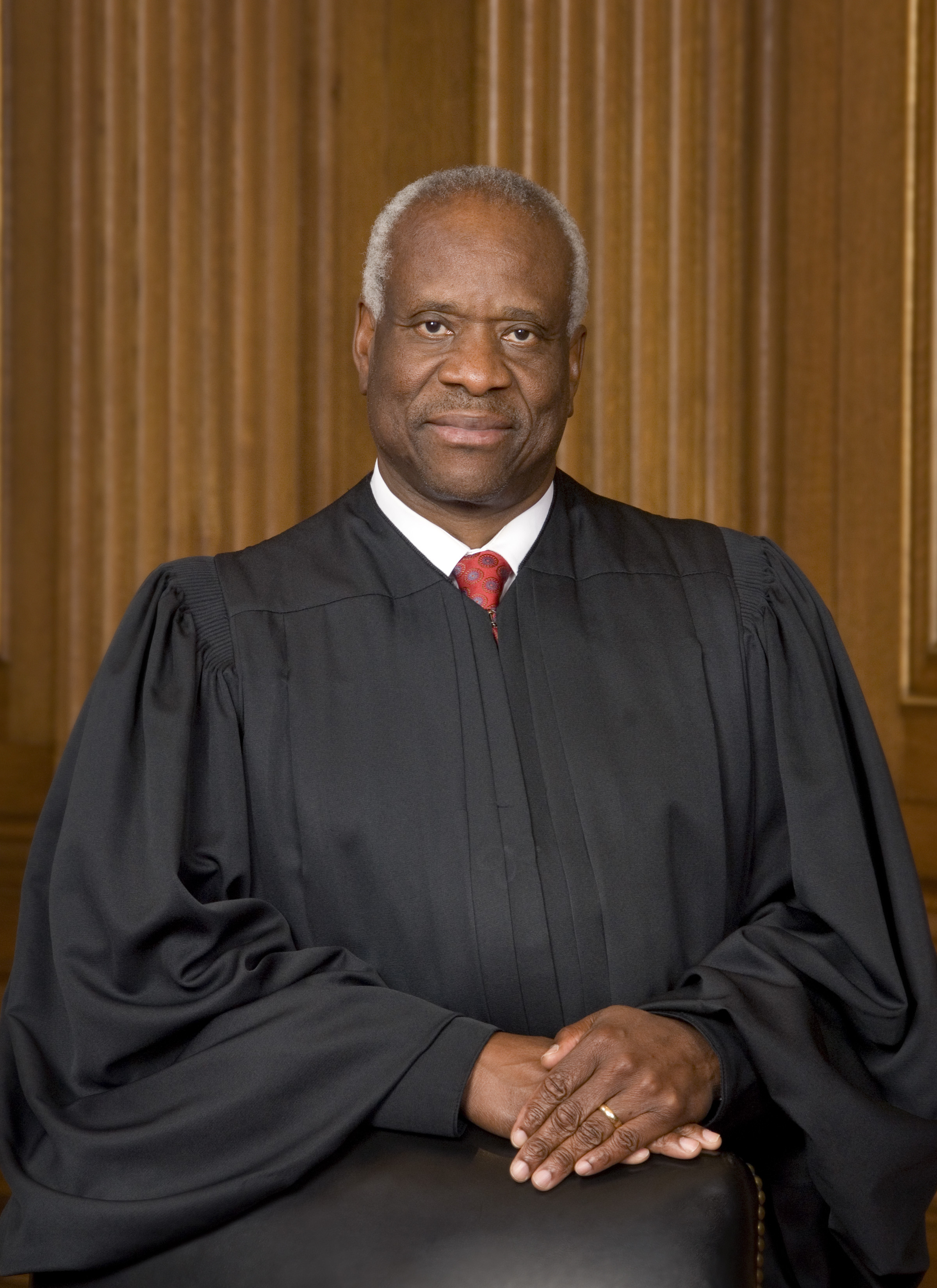1990s, I Am a Man, a Black Man, an American (1998)
Томас, Кларенс: Цитаты на английском языке
1990s, I Am a Man, a Black Man, an American (1998)
1990s, I Am a Man, a Black Man, an American (1998)
1990s, I Am a Man, a Black Man, an American (1998)
1990s, I Am a Man, a Black Man, an American (1998)
As quoted in Citizens United v. Federal Election Commission http://www.nytimes.com/2010/02/04/us/politics/04scotus.html?hp&_r=0 (February 2010).
2010s
1990s, I Am a Man, a Black Man, an American (1998)
1990s, I Am a Man, a Black Man, an American (1998)
1990s, I Am a Man, a Black Man, an American (1998)
Page 238
2000s, (2008)
1990s, I Am a Man, a Black Man, an American (1998)
1990s, I Am a Man, a Black Man, an American (1998)
1990s, I Am a Man, a Black Man, an American (1998)
Obergefell v. Hodges http://www.supremecourt.gov/opinions/14pdf/14-556_3204.pdf (26 June 2015), pp. 16-17.
2010s
1990s, I Am a Man, a Black Man, an American (1998)
Obergefell v. Hodges http://www.supremecourt.gov/opinions/14pdf/14-556_3204.pdf (26 June 2015).
2010s
Page 229
2000s, (2008)
Obergefell v. Hodges http://www.supremecourt.gov/opinions/14pdf/14-556_3204.pdf (26 June 2015).
2010s
Justice Thomas to Diane Brady, 2007. http://www.businessweek.com/articles/2013-01-15/clarence-thomas-brilliantly-breaks-his-silent-streak
2000s
In his influential commentary on the provision many years later, Sir Edward Coke interpreted the words 'by the law of the land' to mean the same thing as 'by due proces of the common law'.
Obergefell v. Hodges http://www.supremecourt.gov/opinions/14pdf/14-556_3204.pdf (26 June 2015).
2010s
Hearing of the Senate Judiciary Committee on the Nomination of Clarence Thomas to the Supreme Court http://etext.lib.virginia.edu/etcbin/toccer-new-yitna?id=UsaThom&images=images/modeng&data=/lv6/workspace/yitna&tag=public&part=24, Electronic Text Center, University of Virginia Library (October 11, 1991).
1990s
1990s, I Am a Man, a Black Man, an American (1998)
“I can't see myself spending the rest of my life as a judge.”
A Silent Justice Speaks Out http://abcnews.go.com/TheLaw/story?id=3664944&page=1.
1990s
1990s, I Am a Man, a Black Man, an American (1998)
1990s, I Am a Man, a Black Man, an American (1998)
If the Fifth Amendment uses 'liberty' in this narrow sense, then the Fourteenth Amendment likely does as well.
Obergefell v. Hodges http://www.supremecourt.gov/opinions/14pdf/14-556_3204.pdf (26 June 2015).
2010s
